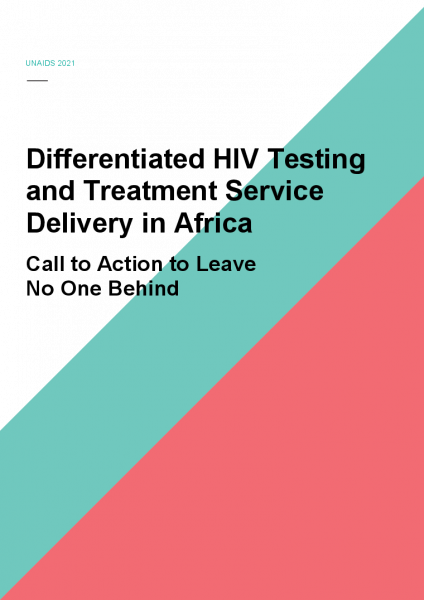As part of the Education Plus initiative, young women advocates in Senegal have met with key female figures in the region to discuss the education of girls in sub-Saharan Africa and the challenges they face.
A social work student in her second year of professional training said young women like her who are living with HIV still face stigma and economic marginalization in most spheres of life “Sometimes, the medicines are not in stock, and young women living with HIV often have to share their medication with each other while waiting for a new supply.” According to her, education guarantees a better future for young people, as it did for her in helping her to overcome the challenges she faces because of her HIV status and her difficult upbringing.
Another participant, Maah Koudia Keita (known as Lady Maah Keita), a Senegalese woman with albinism, and a musician, said that women with albinism are victims of harassment and the majority of them have experienced rape and sexual violence.
She is one of three professional female bass players in Africa and the only one in Senegal. She said, “People like me who were lucky to get an education now have to do the work of dispelling myths around women with albinism that drive the violence.” According to Ms Keita, the more educated and aware the community is, the better women and people with albinism can defend themselves.
Adama Pouye, a feminist activist and member of the Senegalese feminist collective that led the Buul Ma Risu (Don’t Mess with Me) movement, spoke at length during the meeting about raising awareness on sexual assault on public transport.
“Every day, you hear violent words and women come to believe that’s what they deserve,” she said. “You are told how far you can go by standards put in place by a patriarchal society, by men, and by religious standards, but our religious interpretations cannot be about oppressing women,” Ms Pouye said.
Young women are key advocates who the Education Plus initiative is working with to rally political leadership, development partners and communities in order to fulfil every adolescent girl’s right to education and health by enabling all girls to complete a quality secondary education in a violence-free environment.
As UNAIDS Executive Director Winnie Byanyima stressed at the meeting, “In this region of western and central Africa, the vulnerability of girls is high.”
She also said that four out of 10 young women are married before the age of 18 years, saying that children becoming brides is a gross violation and a failure to harness the full potential of girls.
“Keeping girls in a classroom, if she stays and completes secondary school, has a protective effect for girls from HIV. What we fought and won for primary school is what is needed for secondary education,” Ms Byanyima said.
Fatou Nar Mbaye Diouf, the Deputy Executive Secretary of the National AIDS Council, Senegal, could not agree more. “We know that allowing girls to complete secondary education protects them from HIV and improves many other health and development factors,” she said.
Sharing key data from Senegal, Ms Nar said the level of comprehensive knowledge about HIV increases with the level of education. “Among young women, it is 10% among those with no education and 41% among those with secondary education or higher, while among young men knowledge of HIV varies from 9% among those with no education to 51% with education,” she said. “Education is key.”
The Regional Director for West and Central Africa for UN Women, Oulimata Sarr, concluded the intergenerational dialogue by saying that girls’ education is not a threat, nor should it be seen as that. “We want to move the needle and move it together with young women,” she said.
Ms Sarr wants the next generation to be supported as they seek more space in decision-making. “We need to pass the baton to young people, who organize differently from us, create an intergenerational legacy with young people holding us to account.”




